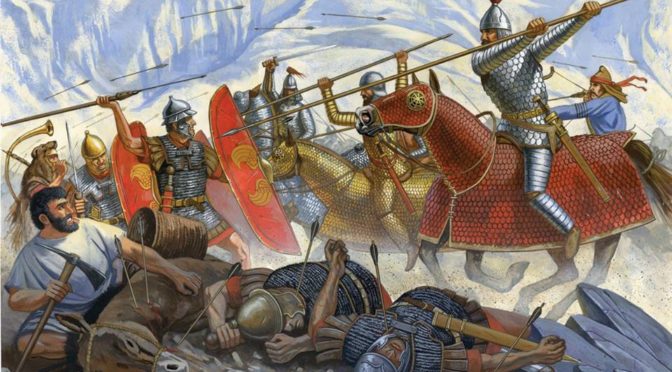History is composed in the main of broad outlines and major stories known by many, and smaller stories and details known to a relative few beyond the circle of history buffs and aficionados. Following are twenty lesser known but fascinating historical facts that will make you a hit at the next party (or a bore – your mileage may vary, so check the audience)

20. The Dead of Waterloo Were Sold as Fertilizer
The Battle of Waterloo, 1815, ended decades of the French Revolutionary and Napoleonic Wars, and established the broad outlines of European geopolitics for nearly a century. Today, we are used to the notion of honoring those killed in war, as can be seen in the solemnity surrounding Unknown Soldier memorials around the world, or the reverence and care attendant upon the upkeep of war cemeteries. However, it was not always so.
Back then, those killed in action were usually stripped of valuables. Those “valuables” included their very corpses. The dead of Waterloo had their teeth pulled out, to get fashioned into dentures. Waterloo was such a bonanza for Britain’s denture industry, that sets made of human teeth were known as “Waterloo dentures” for years afterwards. Their bones – like the bones of those killed in other Napoleonic battles such as Austerlitz and Leipzig – were shipped to Britain, and ground into fertilizer. As a correspondent wrote in The Observer in 1822: “the good farmers of Yorkshire are, in a great measure, indebted to the bones of their children for their daily bread“.

